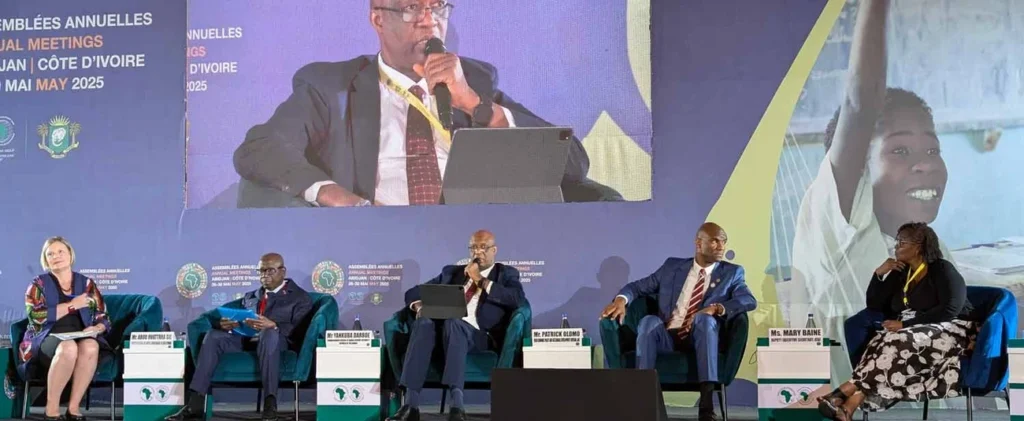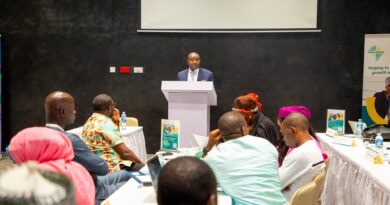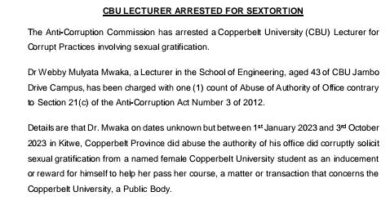Digital Technologies Could Unlock Billions in Revenue for Africa, Experts Say
Digital technologies hold the key to unlocking billions in domestic revenue and accelerating inclusive economic development across Africa, according to policy experts and regional leaders who gathered at a high-level side event during the African Development Bank Group’s 2025 Annual Meetings.
Speaking at the session, Prof. Kevin Chika Urama, Chief Economist and Vice President for Economic Governance and Knowledge Management at the African Development Bank, revealed that digitizing tax systems alone could generate up to $125 billion annually without increasing tax rates. Broadly, full digitalization of public sector systems could boost Africa’s fiscal capacity by as much as $687 billion, he added.
“Digitalization is no longer optional—it is essential,” said Mary Baine, Deputy Executive Secretary of the Africa Tax Administration Forum (ATAF). “It improves compliance, expands the tax base, and fosters accountability.”
The session, moderated by Carina Sugden, Lead Governance Officer at the Bank’s Governance and Economic Reforms Department, brought together senior officials including Ouattara Sie Abou, Director General of Taxation in Côte d’Ivoire; Yankuba Darboe, Commissioner General of the Gambia Revenue Authority; Patrick Olomo, Head of Economic Policy and Sustainable Development at the African Union Commission; and international partners.
Anu Saxén, Finland’s Ambassador to Senegal, Côte d’Ivoire, and The Gambia, reaffirmed Finland’s support for Africa’s digital tax transformation, citing the importance of innovations such as AI-powered audits and mobile payment platform integration in enhancing modern tax systems.
Ouattara Sie Abou emphasized the importance of equity in tax reform. “Digital tax systems must be fair. They should broaden the tax base without overburdening already compliant formal sector entities,” he said.
Yankuba Darboe pointed to institutional capacity as a key factor in sustaining reforms. “Digital tools are only as good as the people who manage them,” he noted, adding that strong political will and partnerships must be matched by adequate training for personnel.
Patrick Olomo called for urgent action to raise domestic resource mobilization levels from the current 15.8%. He said regional cooperation and digital integration are critical to closing the gap with other regions.
John Bosco Sebabi, Deputy CEO of the Pan-African Payment and Settlement System (PAPSS), emphasized the need for harmonized infrastructure. “Intra-African trade remains low at just 14% due to fragmented systems. Integrating payment platforms will improve tax efficiency and unlock regional trade potential.”
Examples of real-world progress were also shared. Allen Asiime, Deputy CEO of TradeMark Africa, cited Uganda’s success in raising customs revenue by 47% following the adoption of digital platforms. “Digital tools are empowering small businesses and enhancing transparency,” she said.
Adding a global perspective, Kentaro Nagai, CEO of Japan’s SENRI, said that infrastructure limitations are not unique to Africa. “The solution everywhere is the same: governments and private sector must co-design practical, scalable digital systems.”
Bridget Kelly, Vice President of Alliances and Chief Compliance Officer at FreeBalance, closed the session by emphasizing the connection between trust and technology. “Citizens are more likely to comply with financial systems when they are transparent, accessible, and reliable. Digital transformation is as much about building trust as it is about collecting revenue,” she said.



